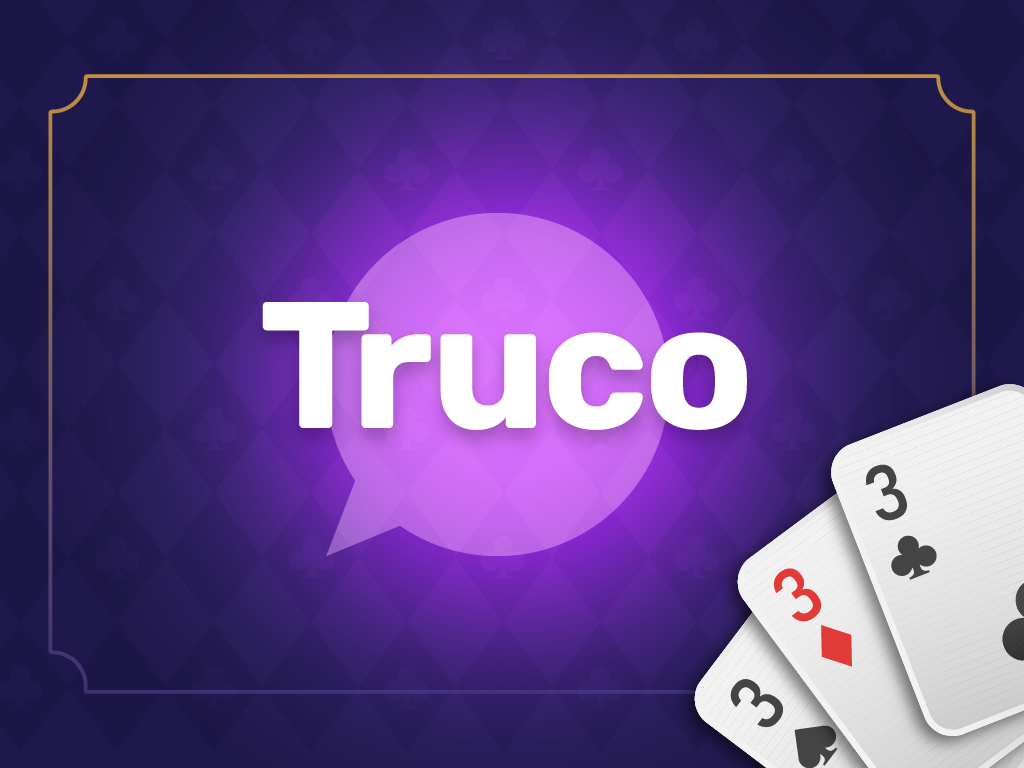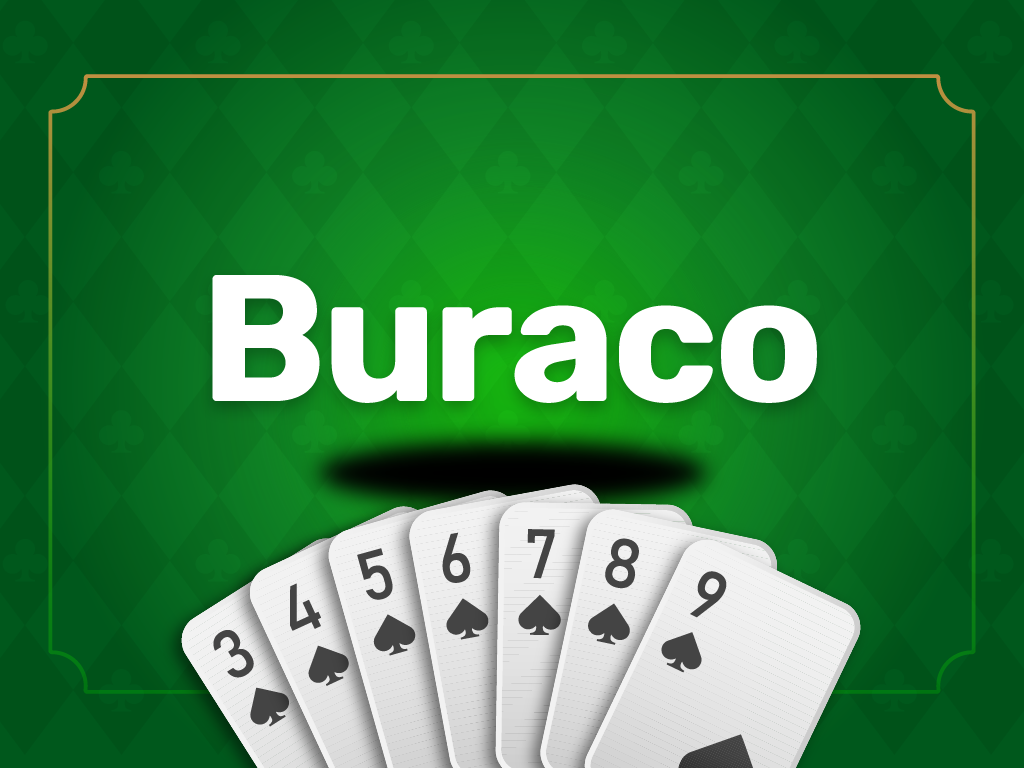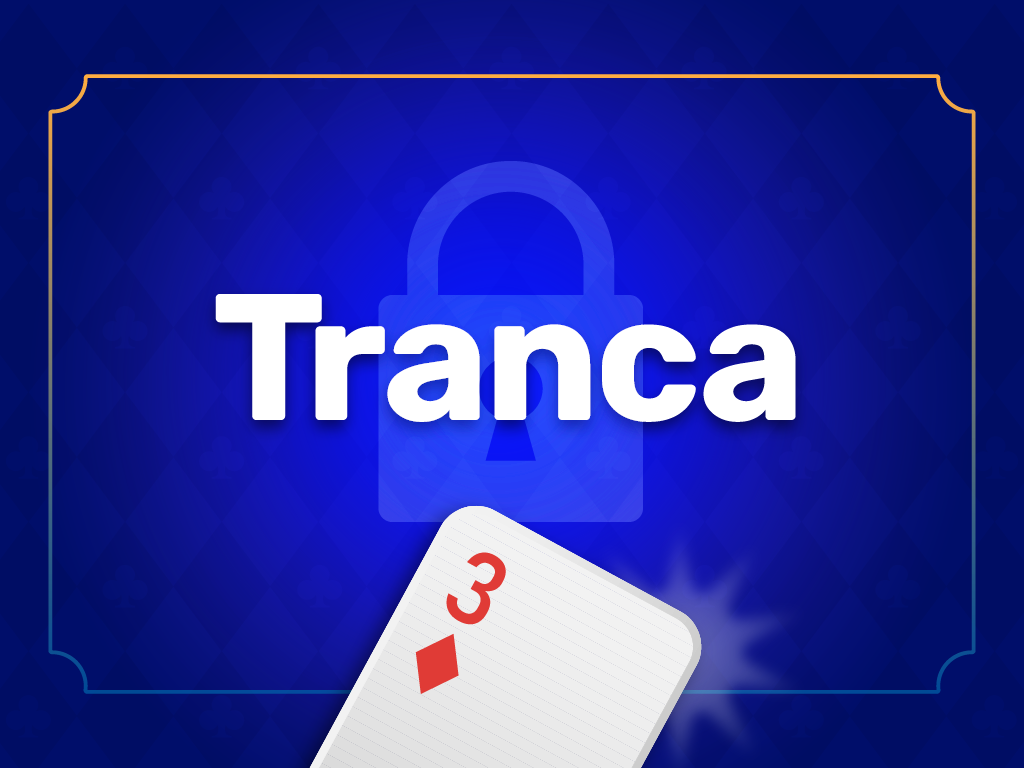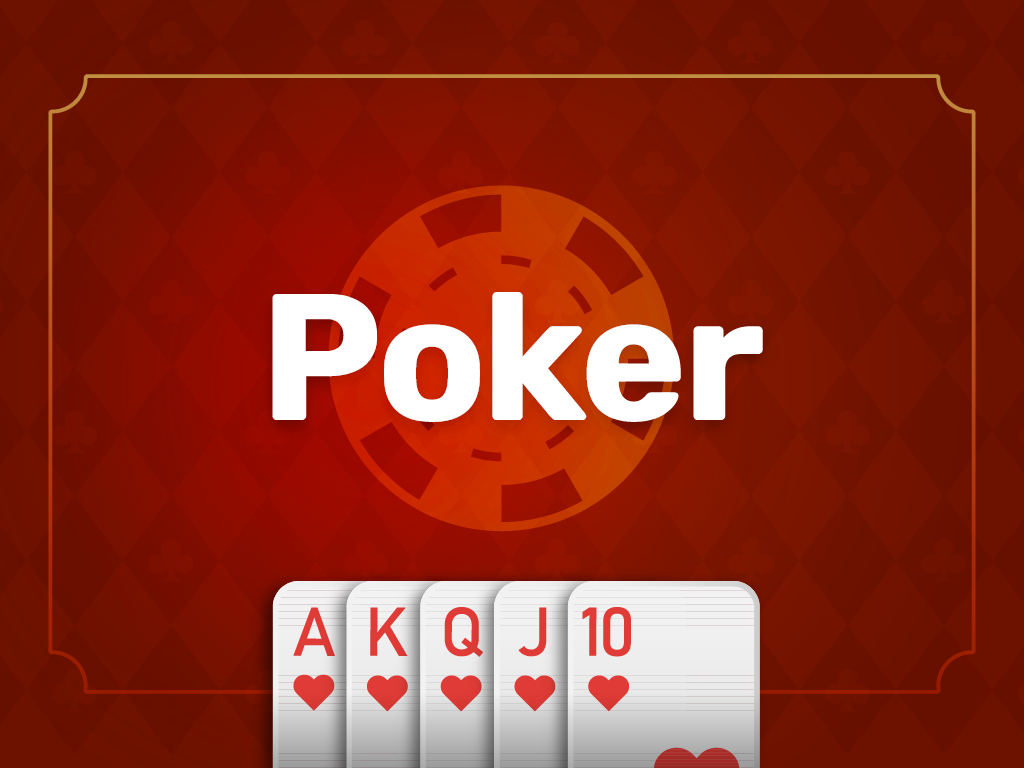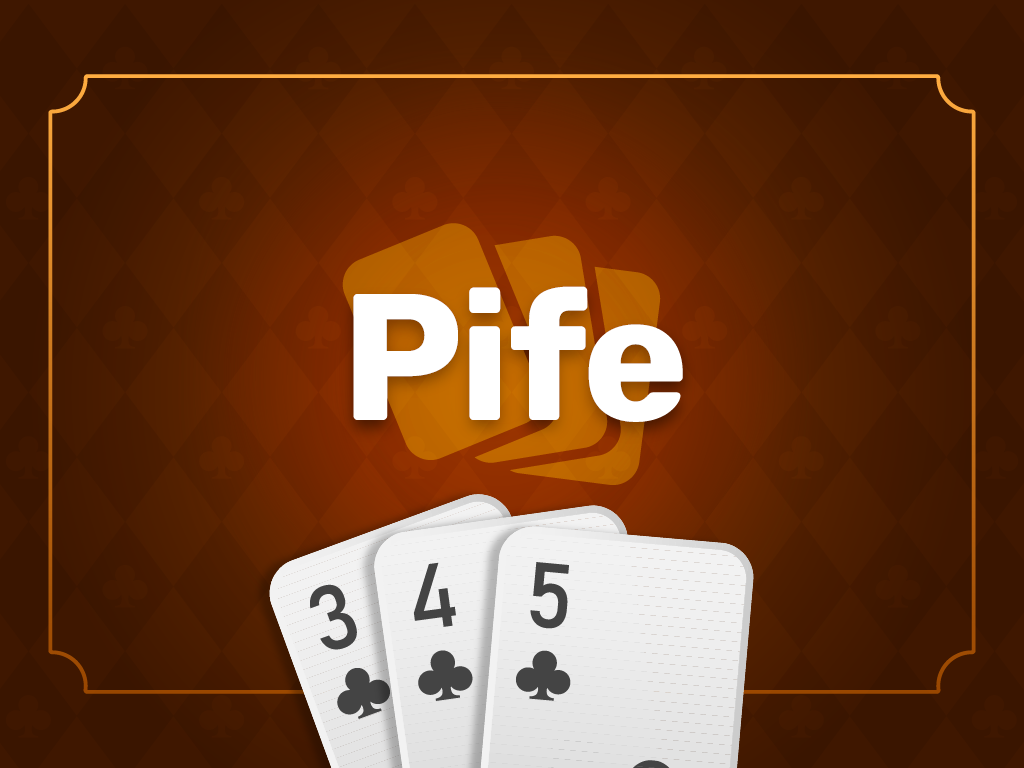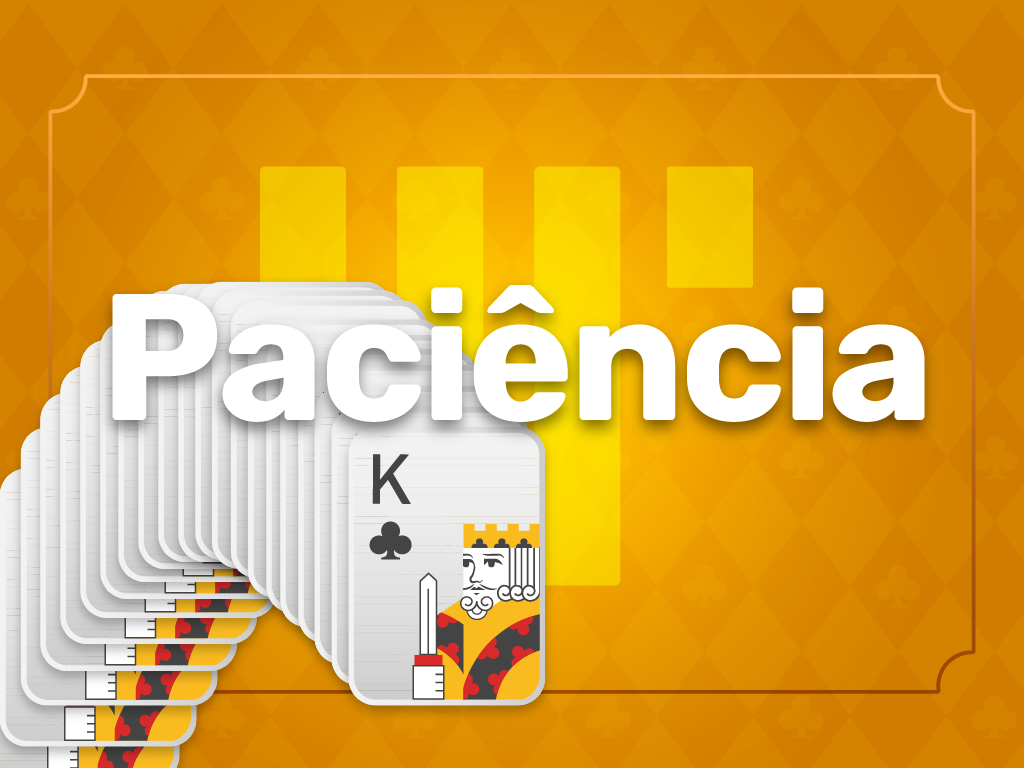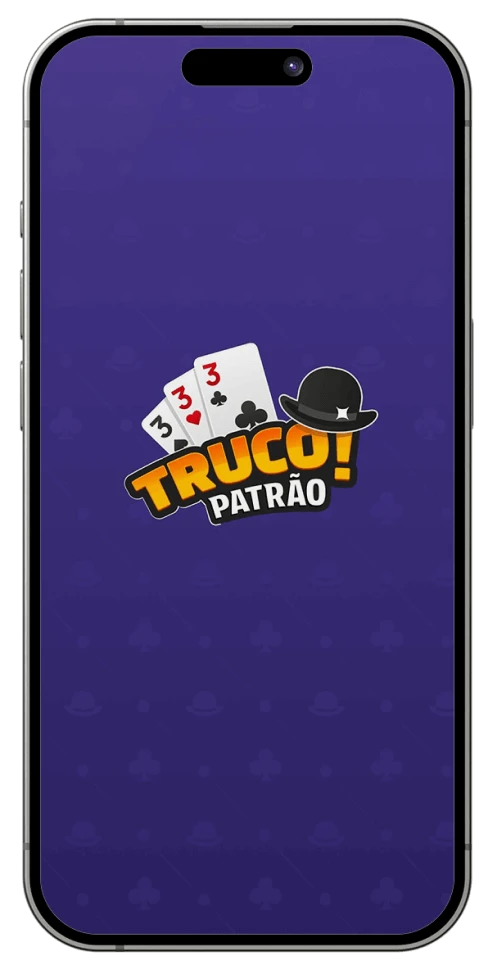
The Most Popular Card Games in Brazil: Tradition and Fun at the Tables
The History of Card Games in Brazil
Card games in Brazil have a rich history that began with the arrival of European colonizers, mainly the Portuguese and Spanish, who introduced decks of cards as a new form of entertainment. Over time, these games adapted to regional cultures, blending tradition with innovation. Today, games like Poker, UNO, and Buraco are deeply rooted in Brazilian homes, reflecting diverse cultural influences. More than mere pastimes, card games play a significant role in popular culture, strengthening family and community bonds and leaving a lasting impact on music, literature, and the memories of generations.
Card Games
Truco
Truco is undoubtedly one of the most beloved games in Brazil. Its rules vary by region, with game styles ranging from Truco Paulista to Truco Mineiro, each with its own strategies and peculiarities. Matches are characterized by intense social interaction, where bluffs and shouting are part of the fun. In many communities, Truco is more than just a game—it’s a tradition passed down through generations.
Buraco-Canastra
Buraco is another traditional game that holds a special place in Brazilian homes. With variations such as Buraco Paulista and Buraco Mineiro, the game is known for its ability to bring families and friends together around the table. The rules, although simple, require skill and strategic planning, making the game appealing to players of all ages. Online buraco has gained popularity, allowing players from different places to connect and play together. Playing free buraco online is a great way to practice and improve skills. Buraco also stands out among card games for its dynamics and fun.
Tranca
Tranca is a much-loved card game in Brazil, often played in social settings where family and friends gather. Similar to buraco, Tranca requires strategic thinking and teamwork, with the goal of forming combinations and scoring points. The game has several regional versions, each adding its own unique twist to the rules. Tranca is known for its engaging gameplay, where skillful planning and a bit of luck can change the outcome at any moment. Like Truco and Buraco, Tranca is more than just a pastime—it’s a tradition that fosters connection and camaraderie across generations.
Poker
Poker has seen meteoric growth in Brazil, especially with the popularity of its online versions, such as Texas Hold’em. Today, poker is more than just a game of chance; it’s a mental sport, with millions of players participating in tournaments across the country. The internet has played a crucial role in this growth, with online poker platforms allowing players to hone their skills and compete on a global level.
Pife
Pife, also known as Pif Paf, is a card game that has adapted to various regional cultures in Brazil. With its simple and engaging rules, Pife has won over players of all ages and is a popular choice at family gatherings and social events. This game combines strategy and luck, maintaining a strong presence in the card game scene in Brazil. Whether played in person or on online platforms, Pife continues to bring people together around a fun and competitive activity, solidifying its place as one of the most beloved games in the country.
Paciência
Paciência is a card game renowned for its popularity and simplicity, making it a frequent choice among Brazilians of all ages. Known for its strategic and concentration challenges, Paciência is played both at home and on digital platforms, offering a relaxing and engaging way to pass the time. This card game is appreciated for providing moments of fun and reflection, solidifying its place in the card game scene in Brazil. With adaptable variations and game modes, Paciência continues to attract players seeking an enjoyable experience that combines entertainment with mental development.
Conclusion
The world of card games in Brazil is rich in history, diversity, and community spirit. Games like UNO, freecells, poker, and spider card game not only provide entertainment but also help to strengthen connections and create lasting memories among friends and family. As we look to the future, it is encouraging to see that both tradition and innovation will continue to shape the vibrant landscape of card games across the country.

